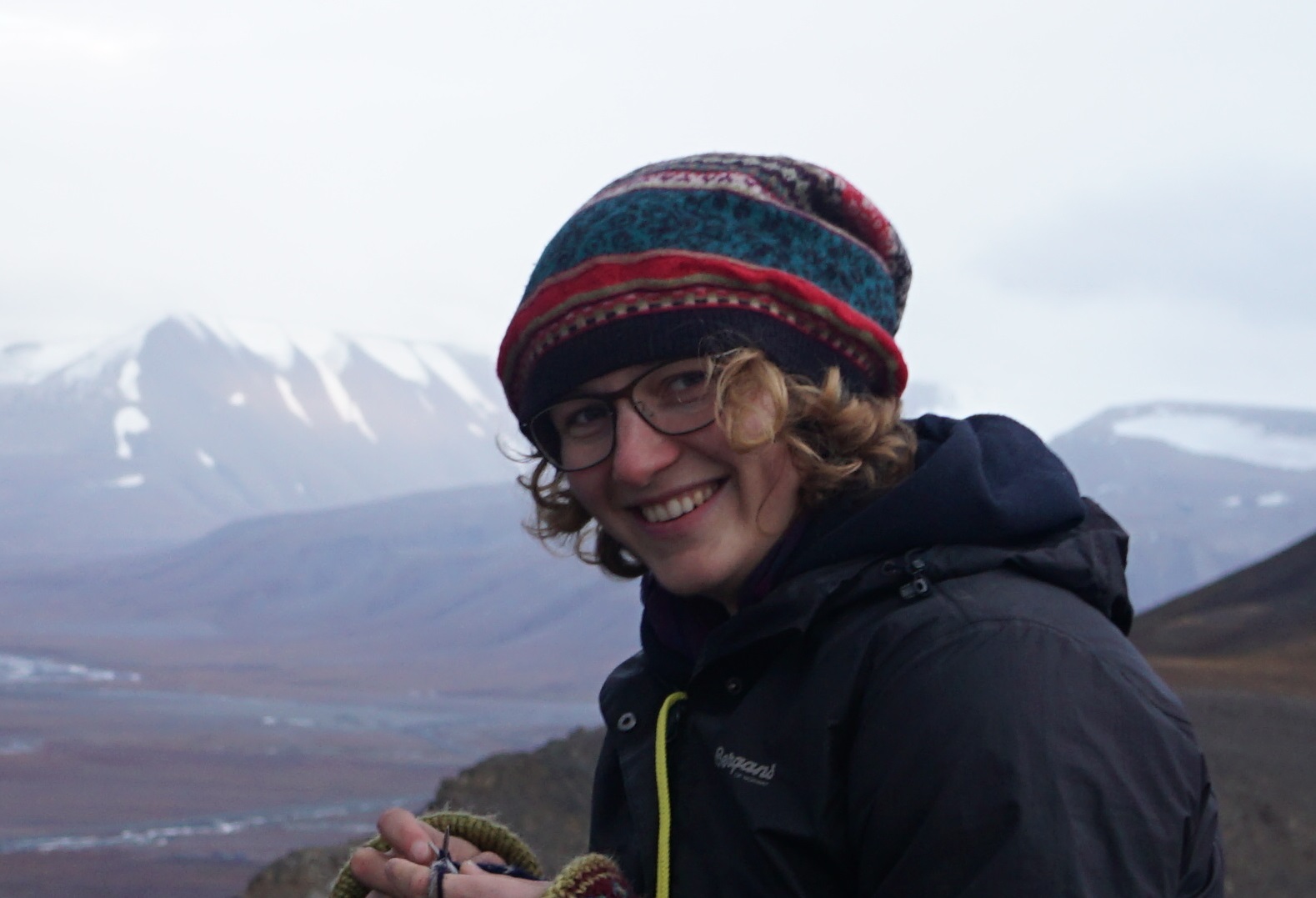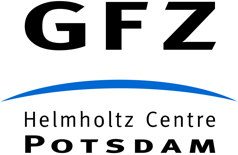
Esther Heckenbach
PhD-candidate in Geo.DataScience
#Tectonics #Earthquakes #Modeling #Energy of the earth #Geothermals
The seismic cycle of great earthquakes: Numerical multi-scale modeling of transients and tipping points
Supervisors:PD Dr. Sascha Brune (GFZ), Prof. Dr. Stephan Sobolev (GFZ), Dr. Matthias Rosenau (GFZ), Prof. Dr. Onno Oncken (GFZ), and Prof. Dr. Ralf Kornhuber (FU)
Project Outline:
Great earthquakes are a catastrophic corollary of long-term plate tectonics that pose a major threat to societies worldwide. Understanding the underlying physical processes including their transient behaviour and tipping points is indispensable for identifying areas under high risk and to make a key step towards forecasting earthquakes. Numerical modeling can help to interpret observed events in the context of the seismic cycle since state-of-the-art models are able to capture the entire event chain from long-term build-up of tectonic stress and pre-seismic transients over the earthquake itself to post-seismic deformation. However, so far the capabilities of numerical seismic cycle models have been limited in terms of spatial and temporal resolution. During my PhD, I want to overcome these limitations by implementing a rate and state friction law in the massively parallelised geodynamic research software ASPECT, taking advantage of its pre-existing functionalities such as adaptive mesh refinement, adaptive time stepping, and elasto-visco-plastic rheology. Conducting seismic cycle models on Germany's high performance computer clusters will allow the advancement of this research field into the third dimension.
Publications:
Fuchs, S., Förster, H.-J., Norden, B., Balling, N., Miele, R., Heckenbach, E., Förster, A. (submitted) The Goto-Matsubayashi law: a relation between thermal diffusivity and porosity applied to consolidated sedimentary rocks at ambient conditions, Journal of Geophysical Research: Solid Earth
Heckenbach, E., Brune, S., Glerum, A., Bott, J. (in prep.) Is there a speed limit for the thermal steady-state assumption in continental rifts?



